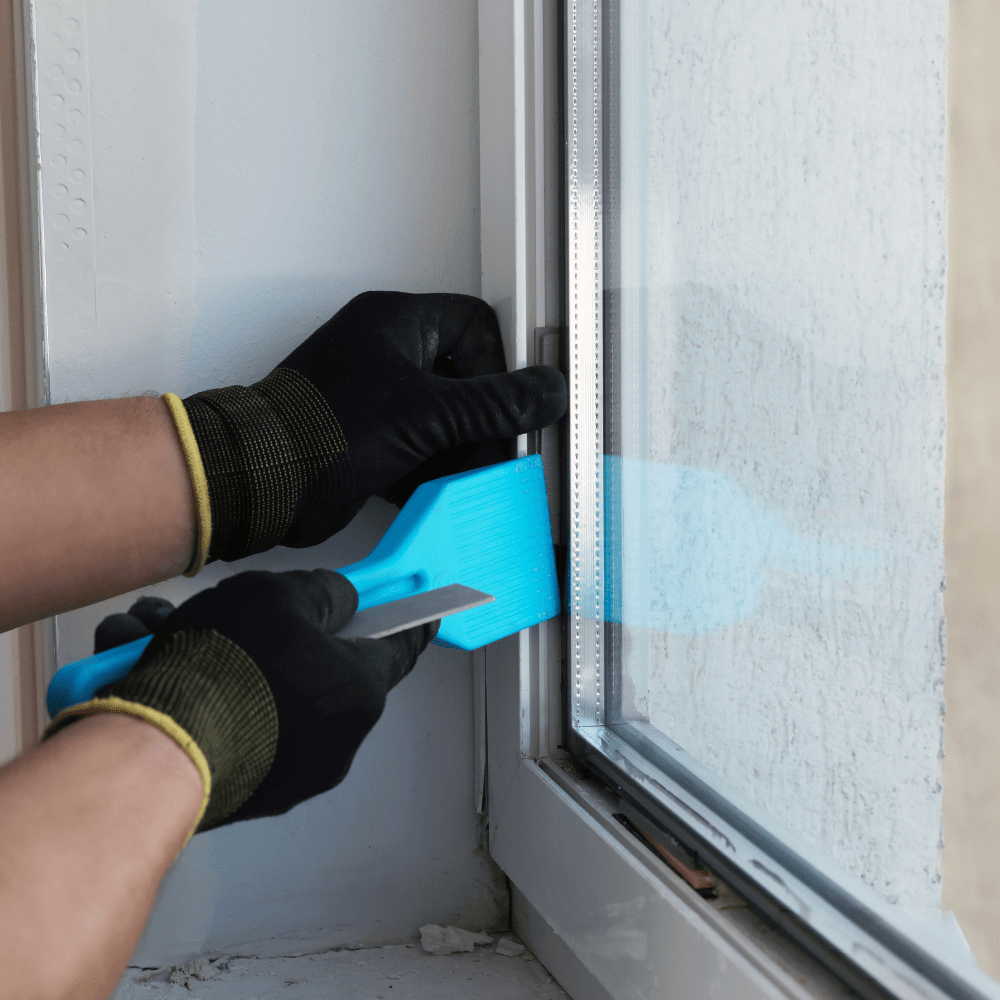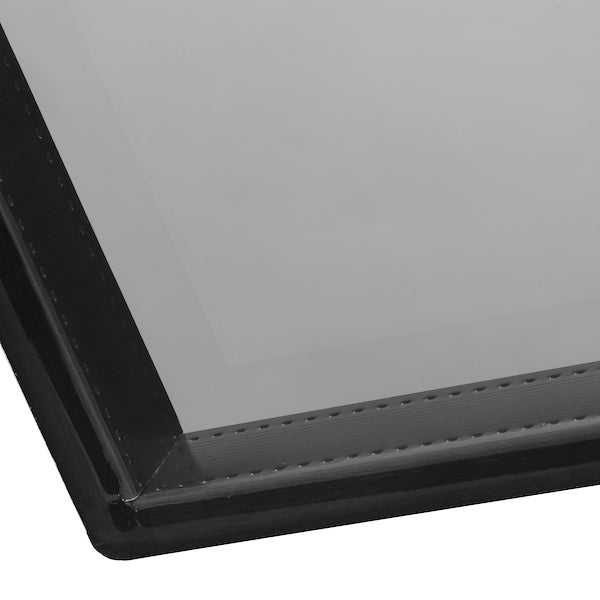
The Royalty IG Experience
10-Year Warranty Protection
Backed by a 10-year warranty against internal fogging and discoloration for lasting confidence.
Crystal-Clear Visibility
Prevents internal moisture buildup to keep windows consistently clear and haze-free.
Energy-Efficient Comfort
Reduces heat transfer and drafts to help maintain stable indoor temperatures year-round.
Noise-Reducing Design
Dampens outside noise to create a quieter, more relaxed indoor living environment.
Built to Last
Constructed with durable materials and quality spacers for long-term clarity and performance reliability.
Energy Efficiency Matters
The outer pane faces the outdoor weather, while the inner pane stays closer to your indoor room temperature. The sealed space between them — with optional Argon gas for added efficiency — slows heat transfer. This keeps your interior more stable and comfortable, no matter the season.
Reduced Heat Loss
Helps retain warmth during cooler months by slowing heat from escaping, keeping your interior comfortable without constantly raising the heat.
Lower Cooling Costs
In warmer seasons, insulated glass limits heat from entering, allowing your air conditioning system to cool the space more efficiently and use less energy.
Consistent Indoor Temperature
Helps prevent drafts and uneven temperature zones, creating a balanced and comfortable atmosphere throughout the entire room or building.


"Bulletproof" Packaging
We ensure your glass unit arrives safely by giving it a protective fortress built with custom materials and clear warnings.
Custom-Fit Cardboard
Our glass is packed in a custom-sized cardboard package to eliminate movement, which prevents 90% of shipping damage.
High-Density Foam
We surround the glass with protective foam to brace it against any bumps, shocks, or vibrations during transit.
Fragile Warning
Every box is securely sealed and marked with "FRAGILE" stickers to ensure carriers handle your shipment with extra care.
Damage-Free Guarantee
We take full responsibility for safe delivery and quick, hassle-free resolution if any damage occurs.

Perfect Fit Protection
Mistakes happen, especially with custom sizing. We've got you covered on your first order.
If you made a measurement error on your very first order, we offer you a one-time, 50% discount on the replacement piece.
We are committed to helping you finish your project right.
Recut Policy
Eligibility: Applies to your first order only.
Discount: Get 50% OFF the cost of replacement glass on your second order.
Timeframe: Contact us within 14 days of receiving your glass to claim your discount.
Maximum recut amount: $500
Why Choose RoyaltyMirror?
Precision Custom Cuts
Premium Quality Glass
Fast & Secure Delivery
Expert Customer Support
Frequently Asked Questions
Can I order customer glass sheets online?
How do you clean insulated glass units?
Can insulated glass units be repaired?
Do you offer Grids?
What is the cost of insulated glass units?
How are insulated glass units made?
What are the benefits of using insulated glass units in windows?
How do insulated glass units work?
What are insulated glass units?
What People Say About Us
Here are just a few of their stories.













































